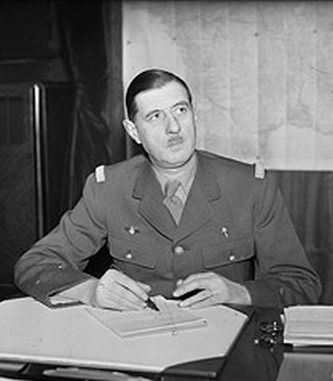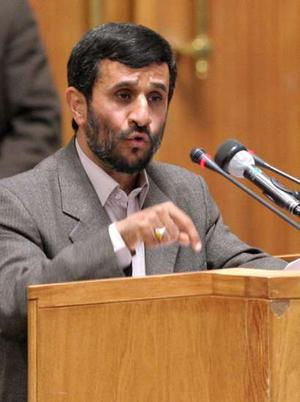

I was re-watching The Dreamers the other night. It is a film, as many of you are probably aware, set during the May 68 riots in France. What started off as localized student protests, spread through the whole country and threatened to topple the Gaullist hegemony. This of course electorally proved to be wrong, yet it is safe to say that despite not being toppled Gaullism certainly was shaken. The film shows symbols such as a tidy middle class girl’s bedroom, a kitchen table, a Delacroix painting, even a toothbrush being appropriated by the idylls of a Revolutionary youth, or at least disentangled from the General’s vision des choses.
Three things sprung to mind upon watching this film when considering the establishment which was being challenged. Firstly France at that period possessed nuclear capabilities. Secondly it was governed by a very conservative figurehead who acquired power in what can only really be called a coup. Thirdly the ideology which underpinned this movement was nationalist, souverainist and sought to redefine France along traditional lines with an emphasis on technological and economic betterment.
When we consider the protest movement it was defined as originating mainly from intellectual and student circles (emanating from the baby boom generation) escalating as time went on to the working classes. Then by its relatively short lifespan and then finally by its lack of structure and coherent leadership. That is to say that despite the various Maoist student organizations and la gauche spontex (as it was rather aptly called) and the trade unions, the fragmentation of ideology and leadership was evident for all to see. It was also defined by its lack of instant results (there was no revolution).
There are incredible similarities which can be drawn with what we saw recently develop in Iran. Obviously I do not have the pretence to assume that I understand the ins and outs of Iranian politics, but I feel I have a fair grasp and the comparison may be flawed in certain aspects (with regards to Iran’s nuclear program, its leadership and of course the rigging), but I feel that it certainly does bear some weight. Many of the descriptions of France's establishment and the protests in 1968 have a striking resemblance to modern day Iran.
Both situations arose from public disapproval at an injustice/abuse of power and they also both represent a generational change in civil society’s approach to the individual and the role of the government's relation to said individual. They both escalated and were brutally repressed. The dust seems to have settled and it seems pretty clear that Ahmadinejad will remain in power, much in the same way that De Gaulle did.
It will be interesting to see the reverberations of this popular upheaval in the years to come. Despite the fact that De Gaulle remained in power for the following 2 years and that his dauphin became President after him, the foundations of the society which he sought to build and transform had been shaken and inescapably altered. Thus can we say that l’esprit de 68 which changed the way many people in France approached their leaders, and in fact themselves, will be present in Iran as l’esprit de 09 (if you will)?
Iran's leaders may have won the physical battle but it certainly lost the battle for the hearts and minds of the Iranian people (well most of them). It’s not so much about Mousavi not becoming President (he was not that much of a poster child for liberalism anyway), figureheads rarely capture the movement they represent, they merely ride it, it’s about what the protests represent and their reflection upon civil society. The vast underbelly of popular discontent which swelled in the streets of Tehran and other cities across the country will have to be dealt with. Considering the overwhelming youth of the movement and the loss of legitimacy of the Government and the Ayatollah, tear gas and snipers on rooftops will not quell such a societal demographic shift in attitudes and convictions. The appropriation of symbols such as the Azadi Square and the idea of Martyrdom with the murder of Neda Agha-Soltan further shows the potency of this movement.
Progressive change does not come quickly nor easily. That platitude is evident enough. But Governments faced with strong civil societies can only survive upon legitimacy whether by force of their argument or the force of their weapons. It remains to be seen whether the latter was enough, and I remain hopeful that, as in France, it was not.


